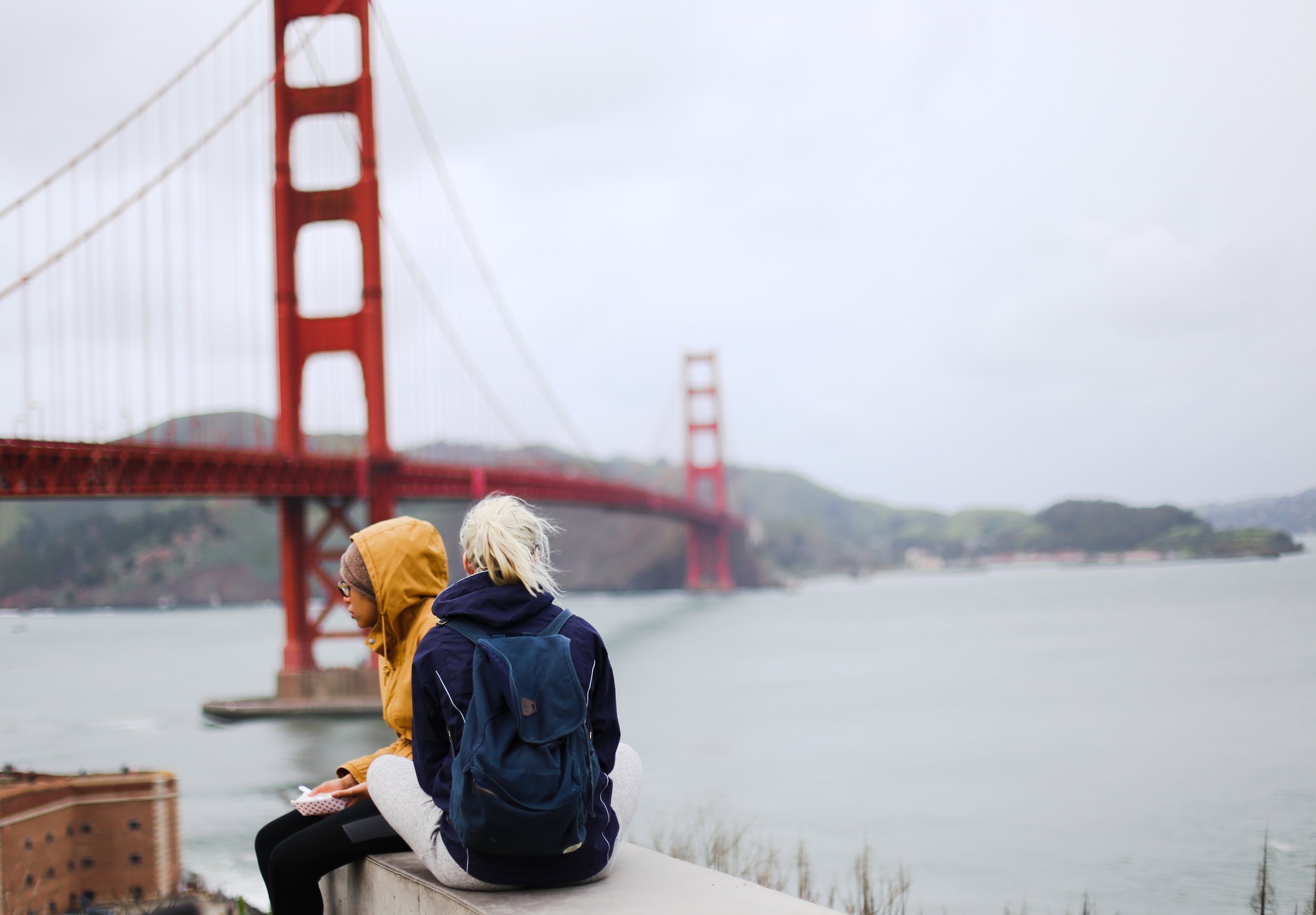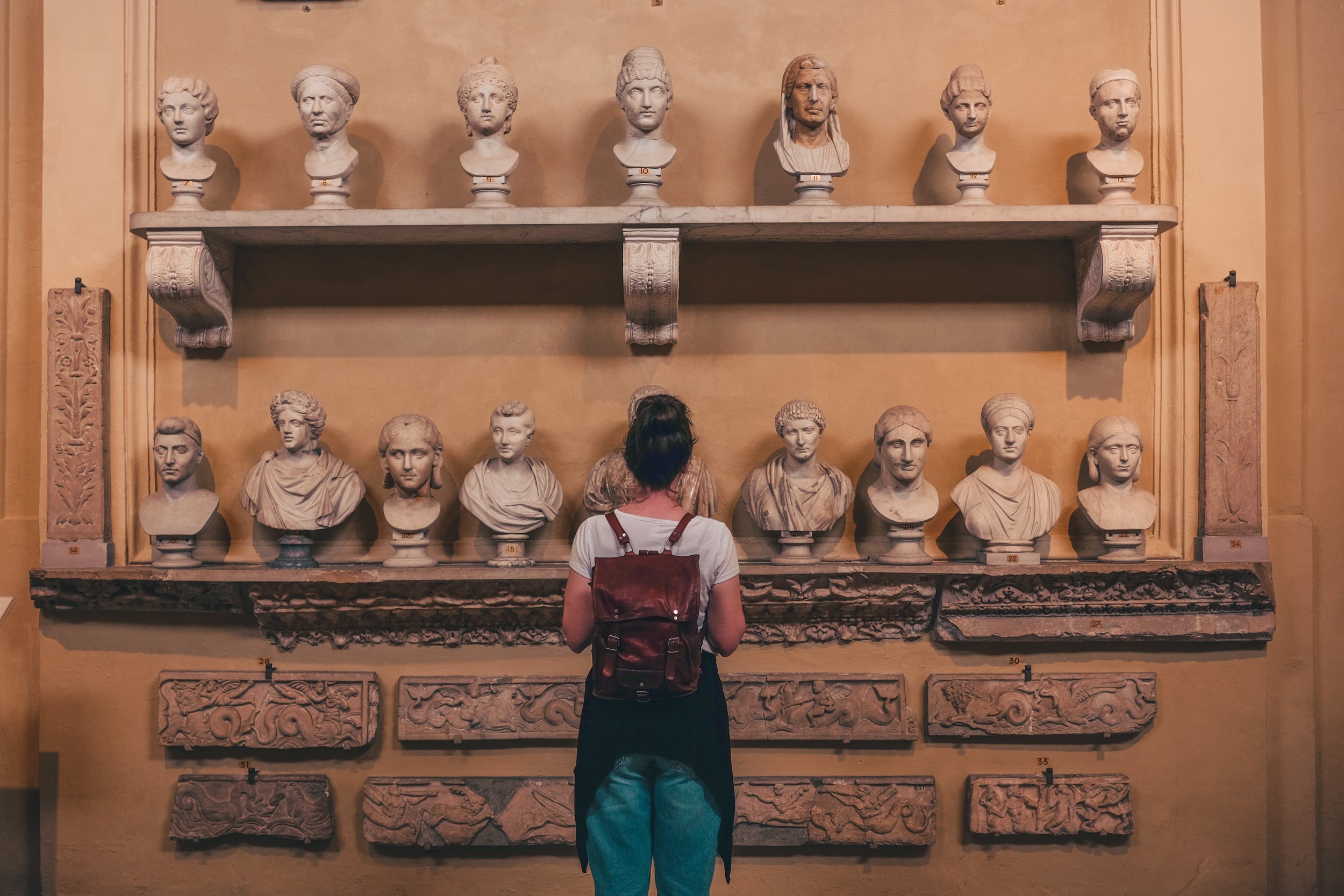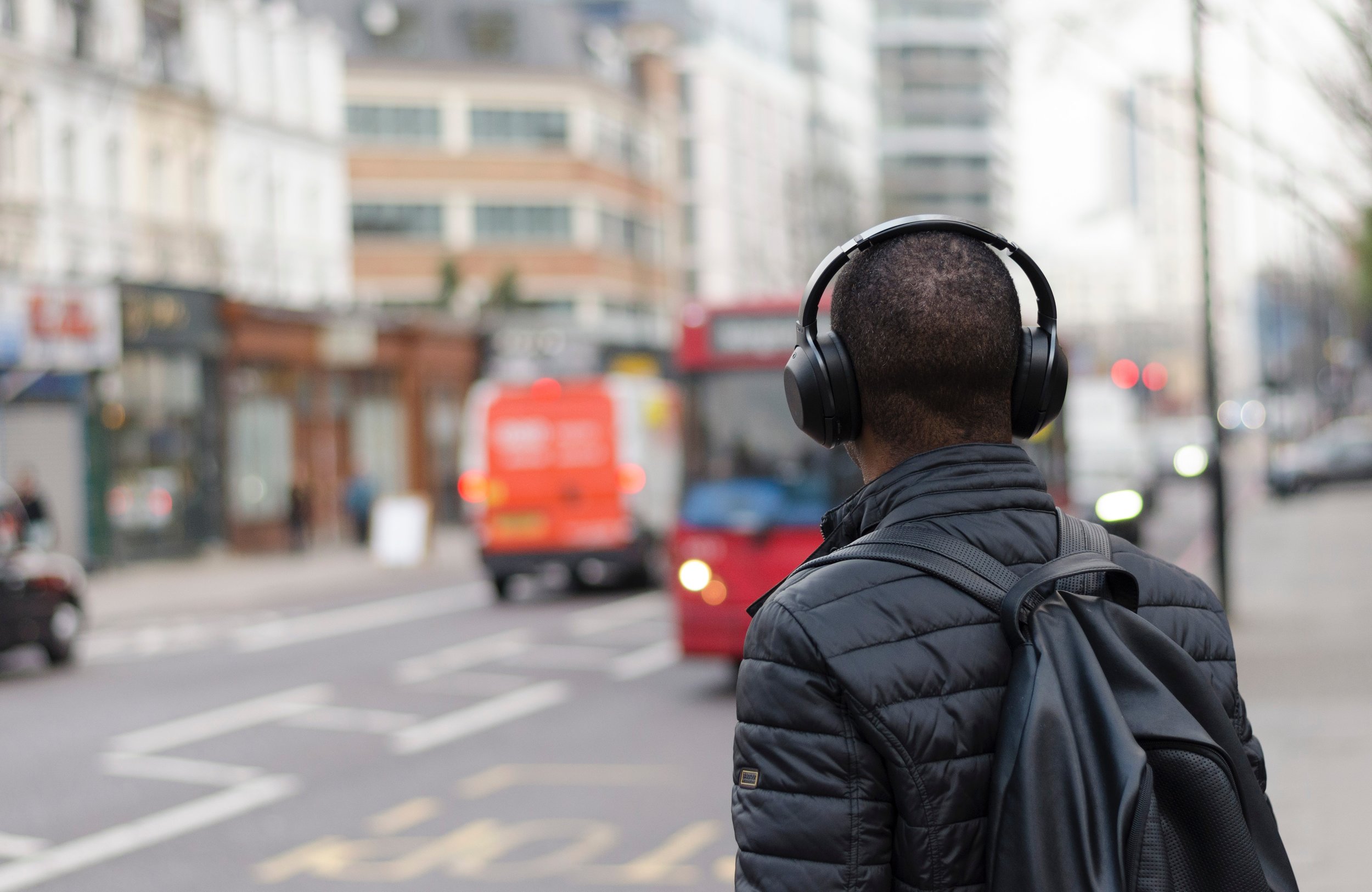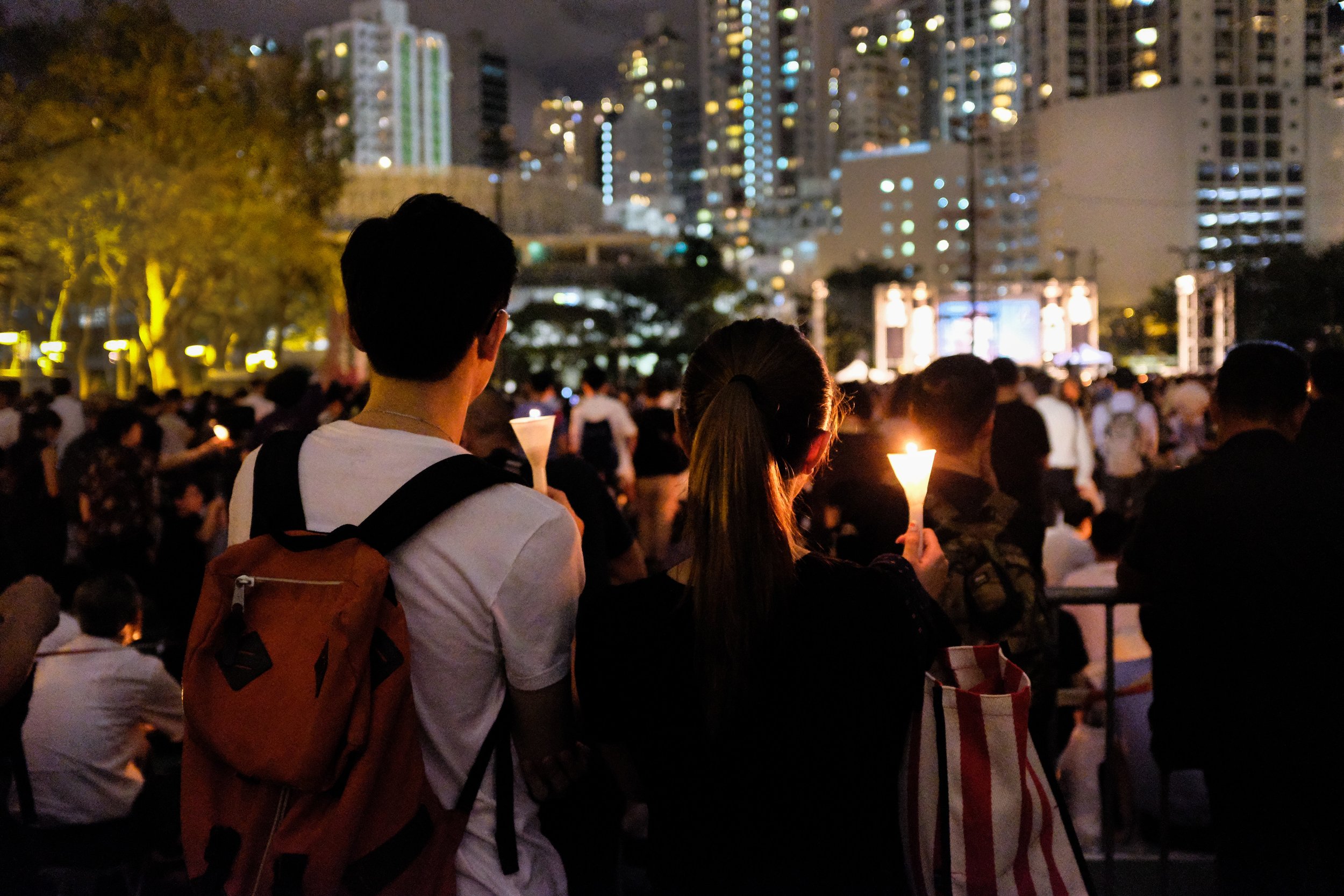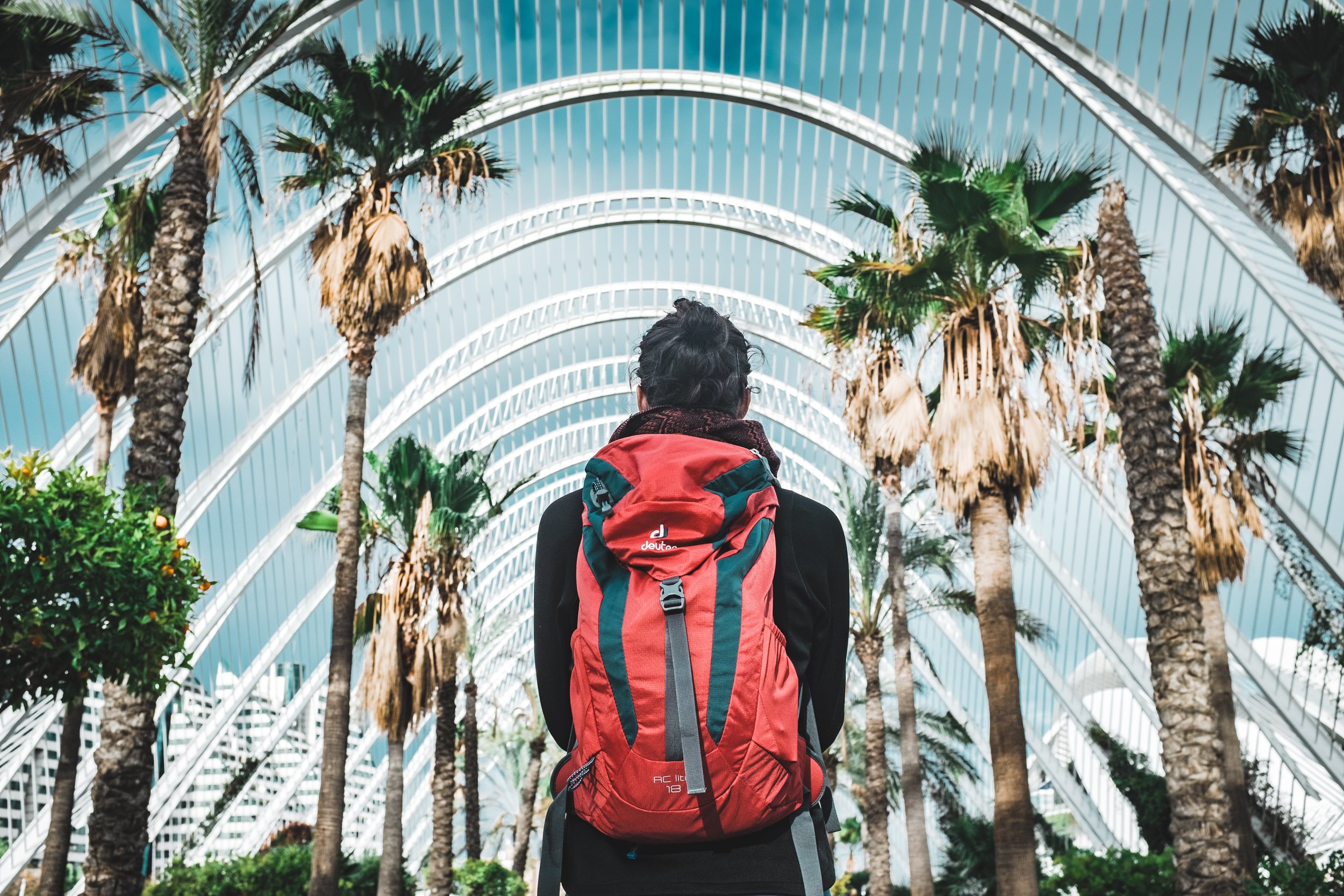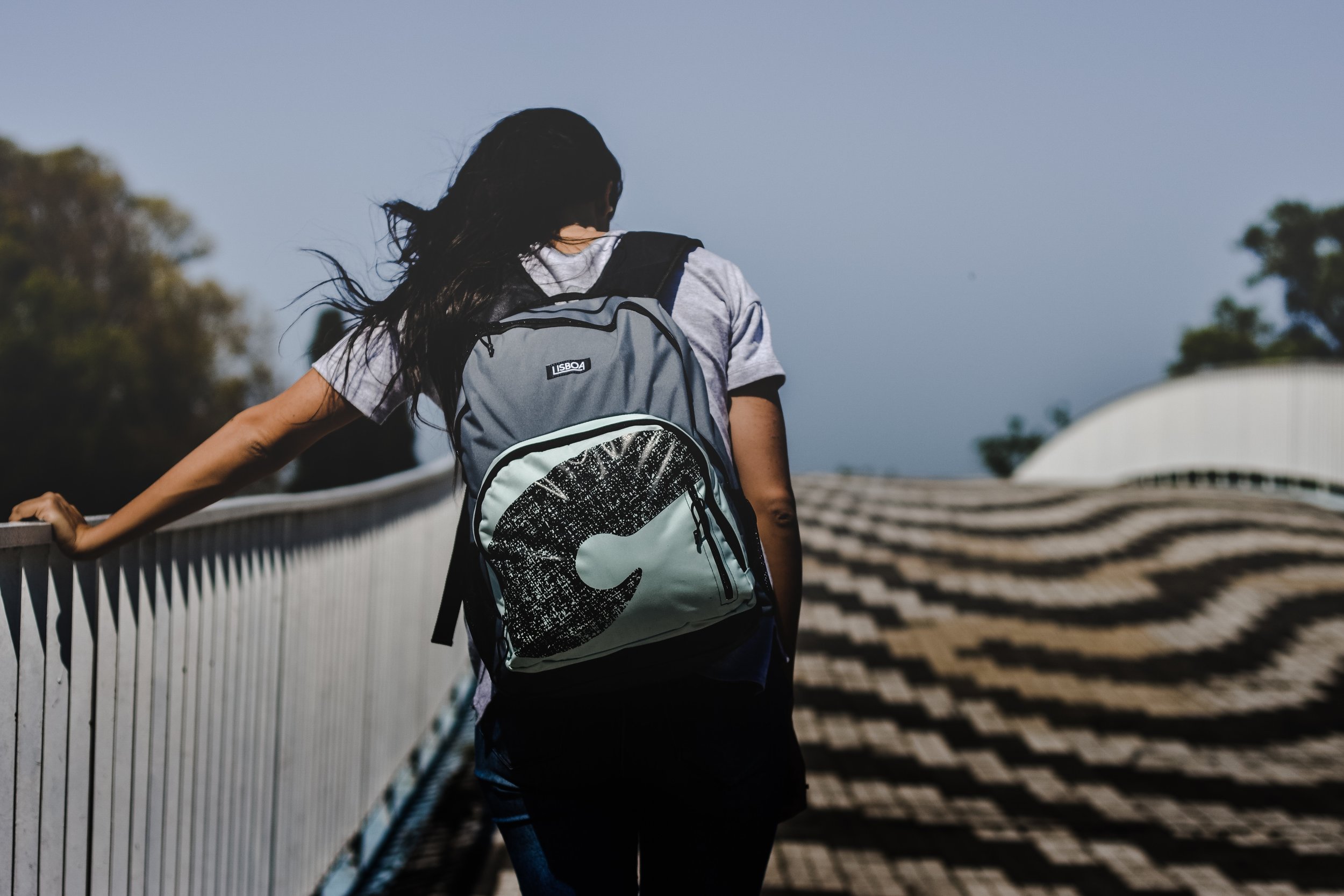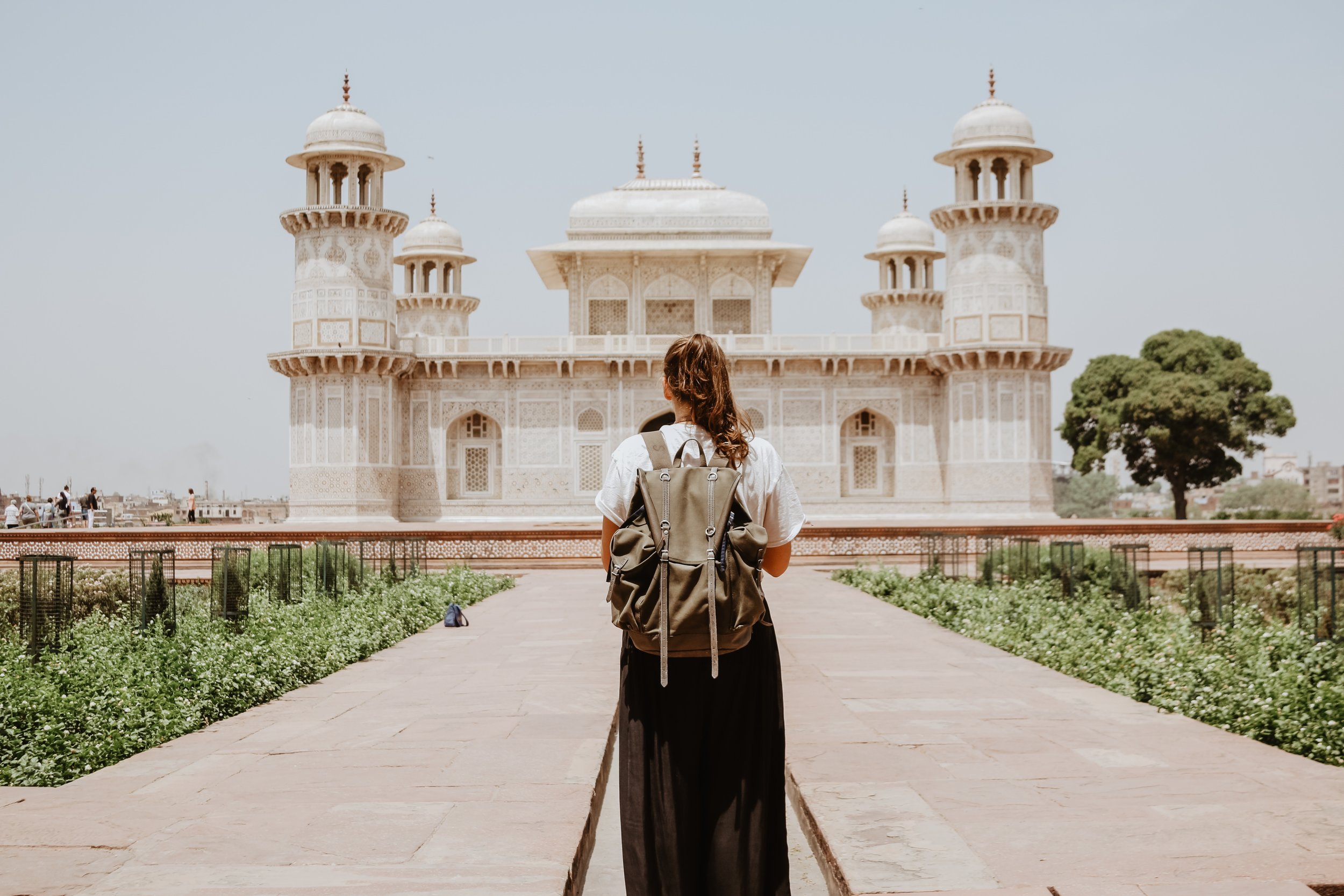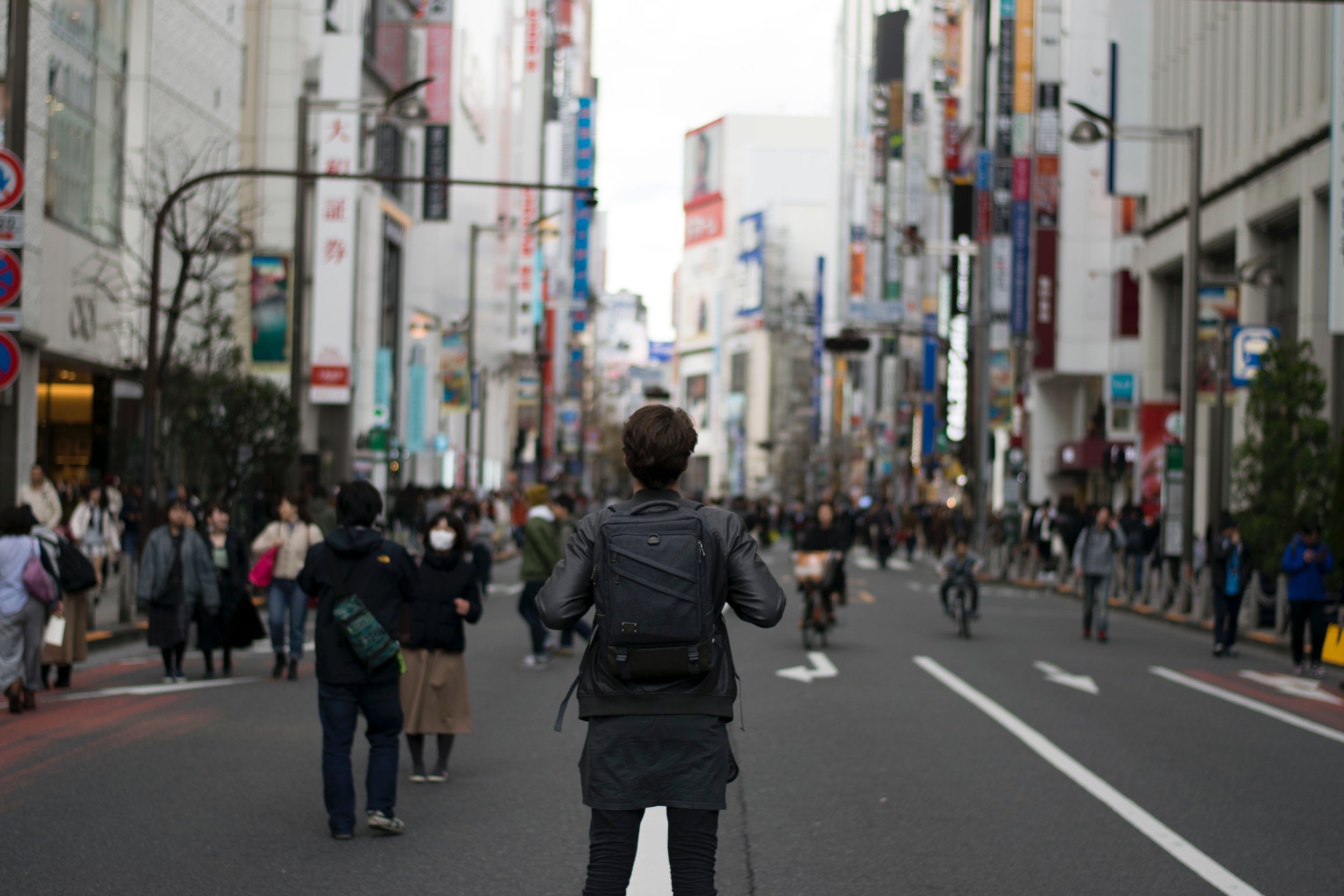FutureMap Foundation provides mentoring and financial support for talented young individuals who travel and undertake projects that use qualitative and quantitative research to promote international cooperation. We also donate maps from our work to educational institutions. Please send letters of inquiry with research proposals to: info@futuremap.io
Final grant winner of 2019 Bremley Lyngdoh's "Ride East" promotes SDGs through Eco-villages in Northeast India
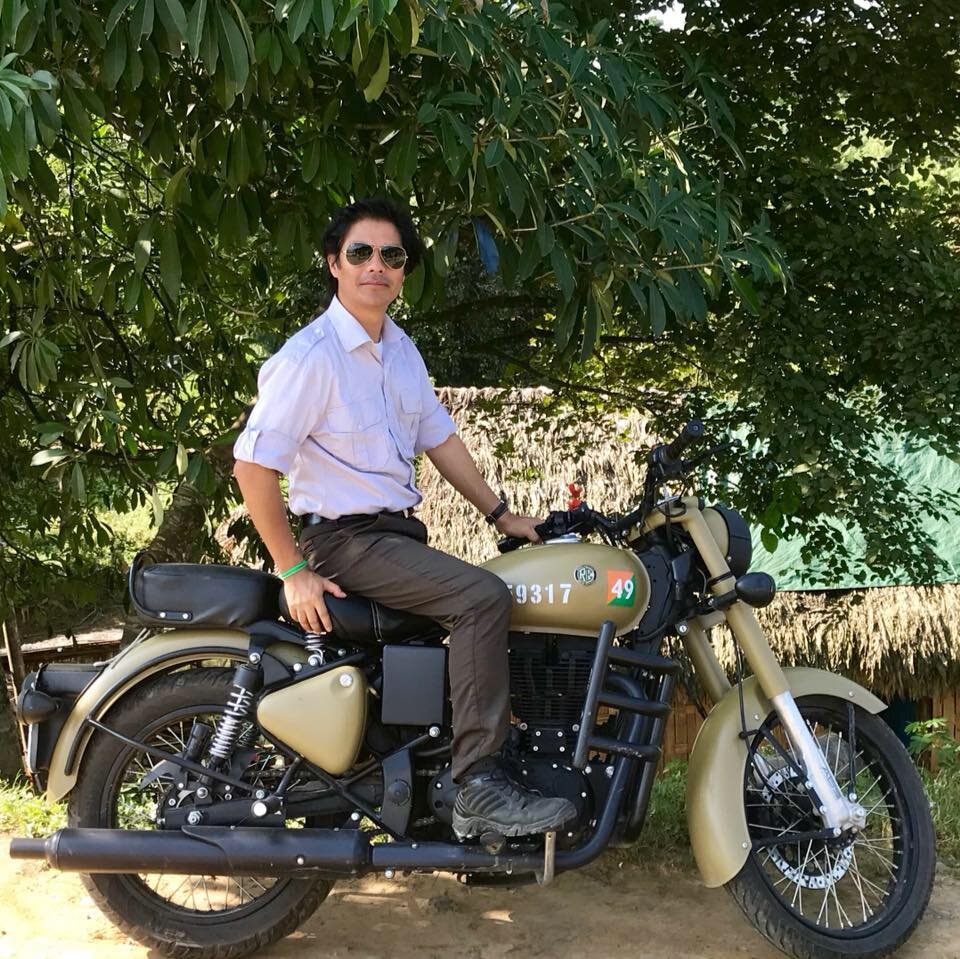
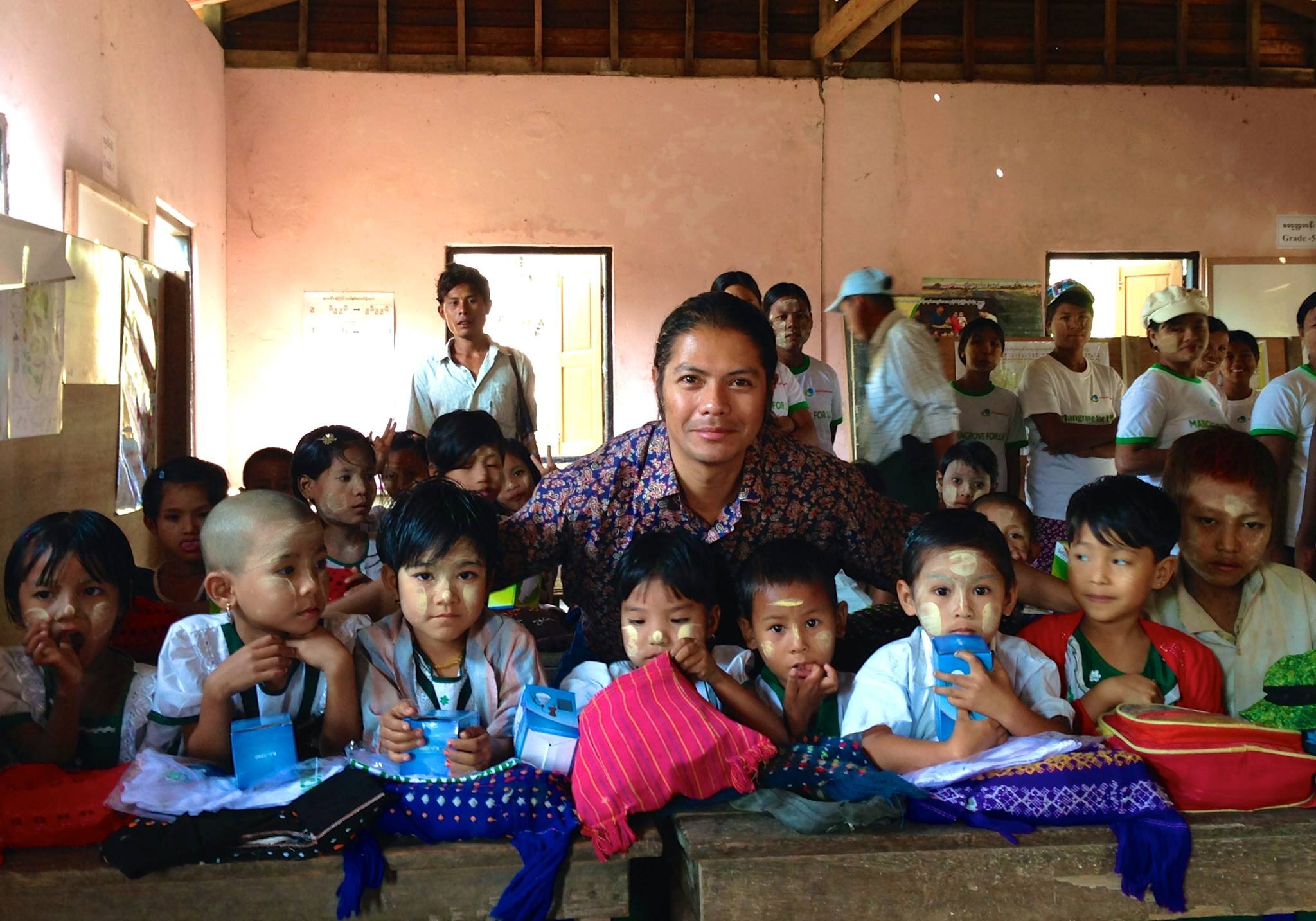
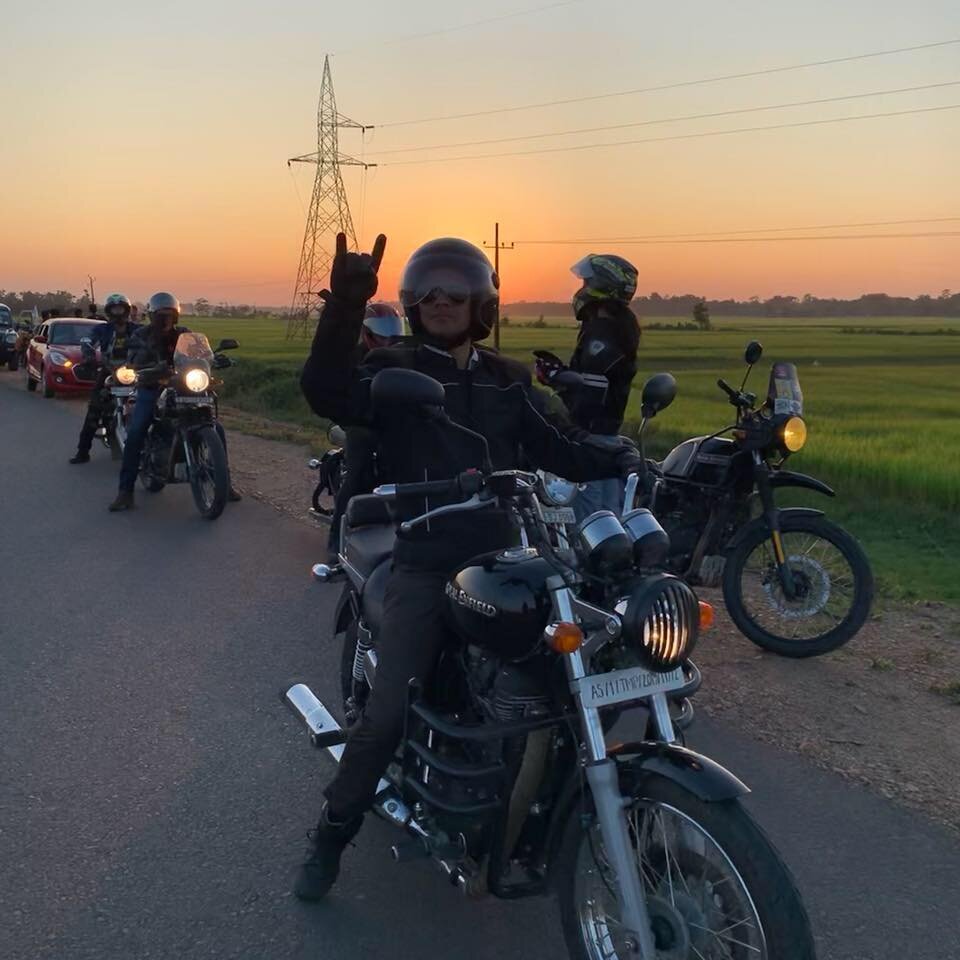
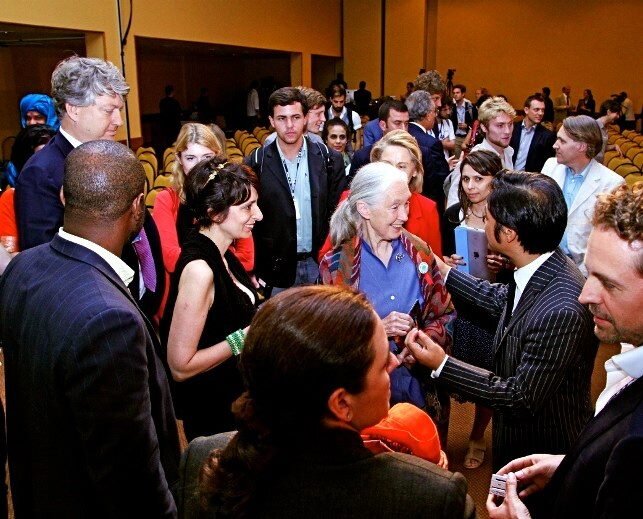
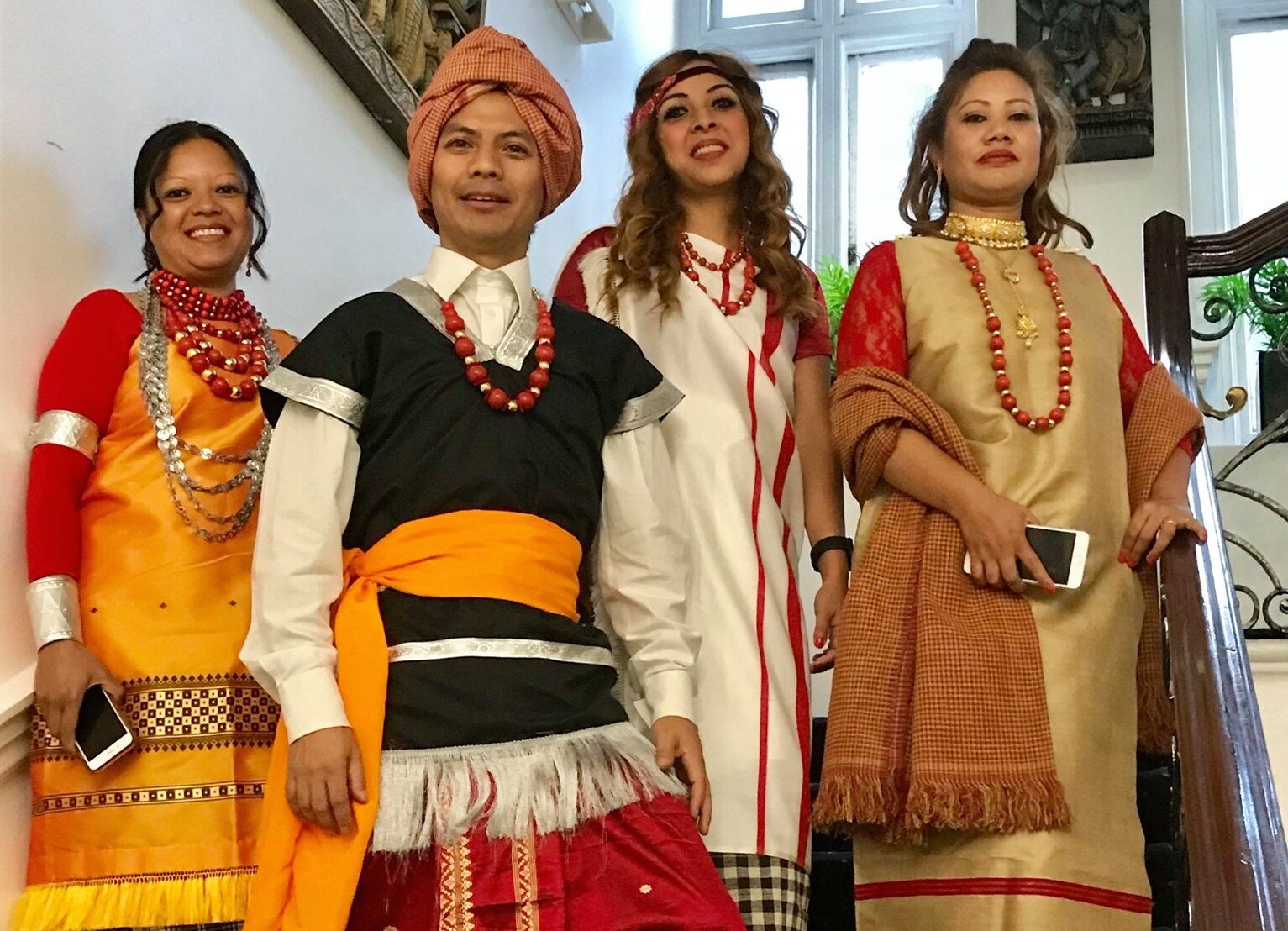
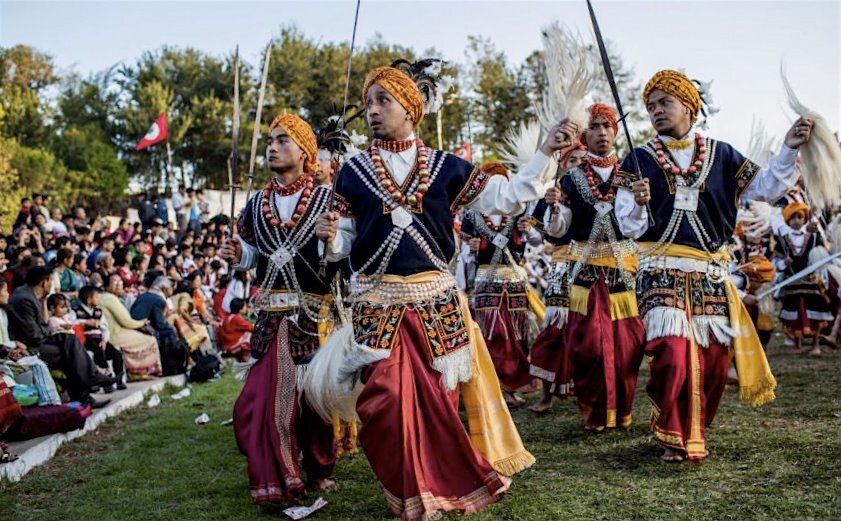
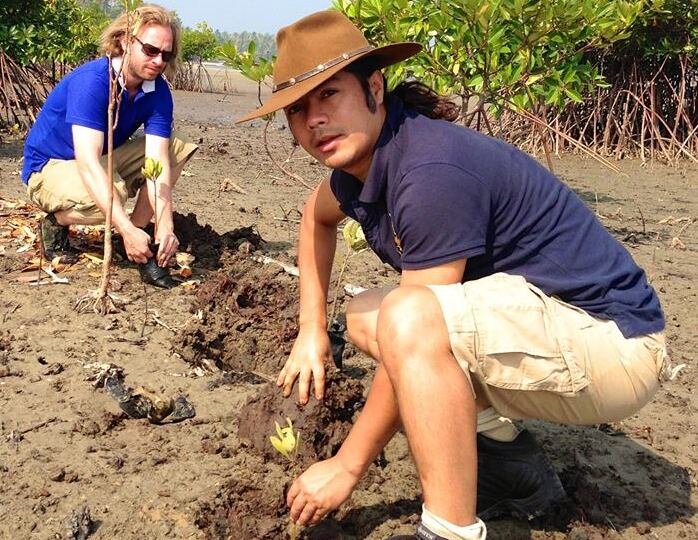
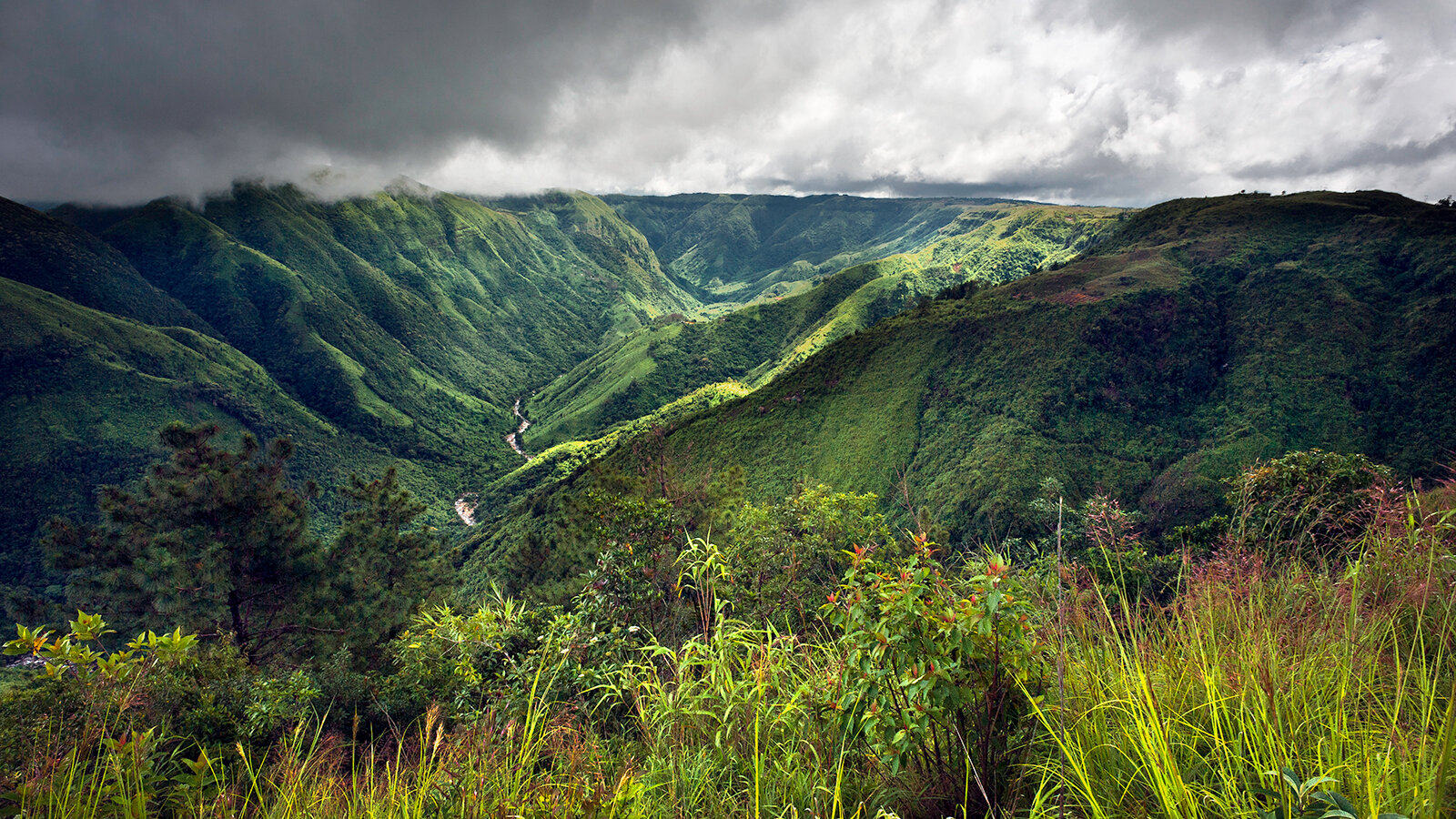
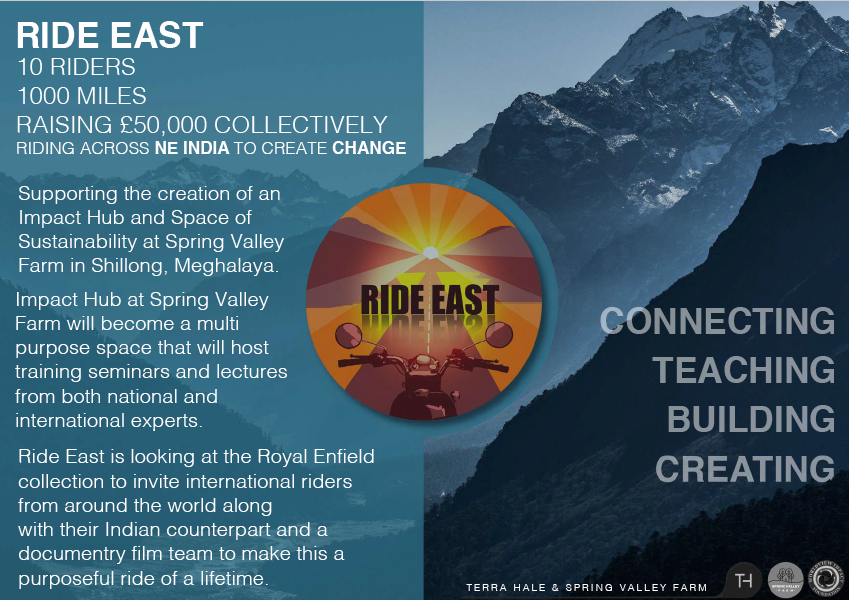
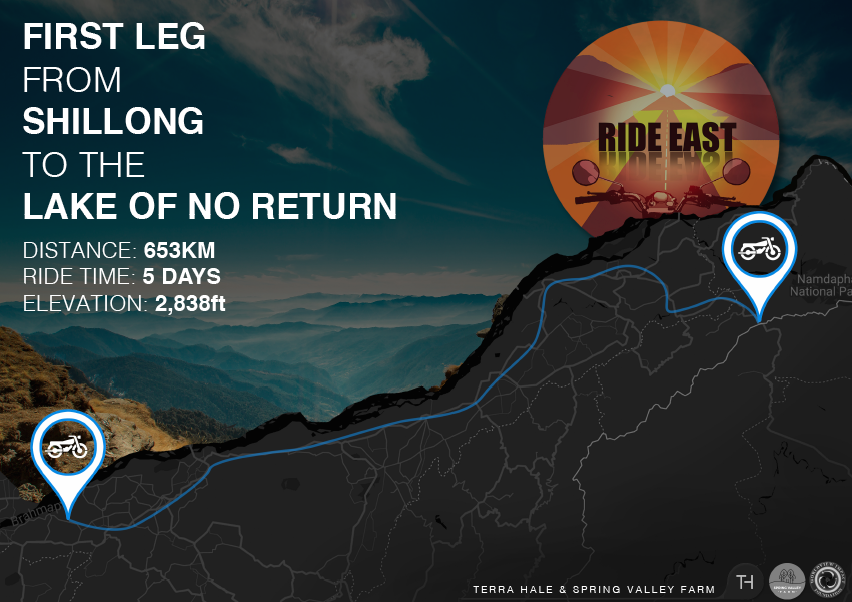
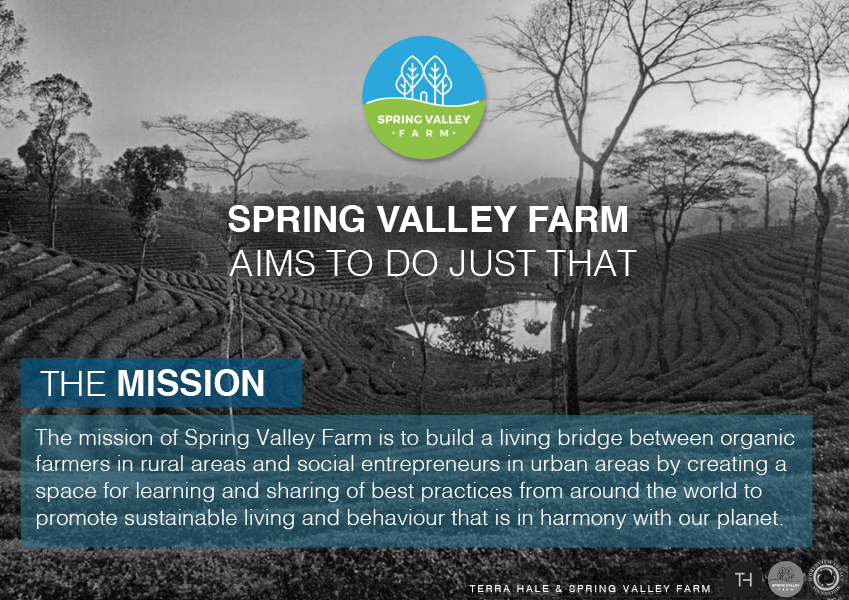
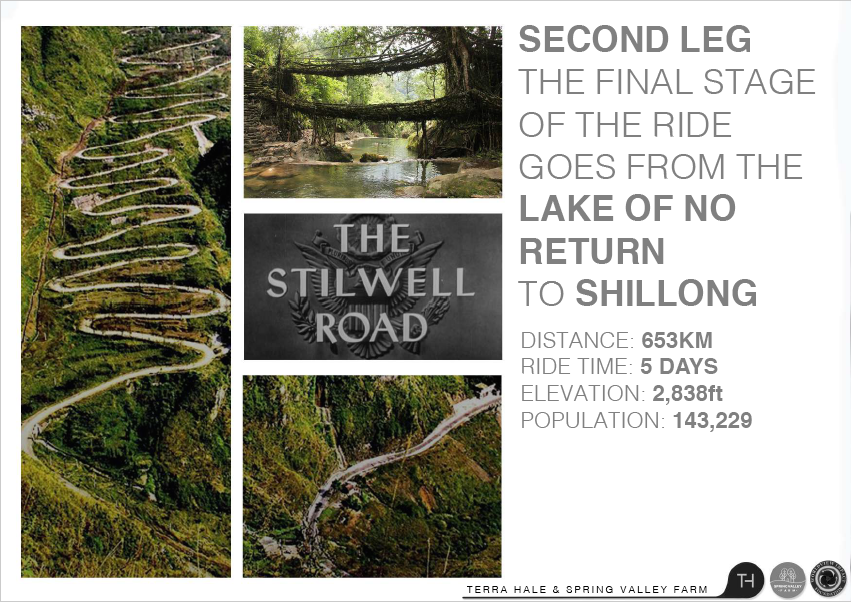
Dr. Bremley Lyngdoh is Founder & CEO of Worldview Impact Foundation who graduated from the School of International and Public Affairs at Columbia University and the Department of International Development at the London School of Economics. He is a climate change and sustainable development professional with over 20 years experience working with governments, IGOs, NGOs, and the private sector developing innovative projects in Asia, Africa, and South America that produce ecologically sound, economically viable, and poverty-reducing activities for vulnerable local communities. Together with UN agencies and the World Bank, he has developed climate change adaptation projects combining integrated agro-forestry, regenerative farming, sustainable tourism, ecosystem restoration, and renewable energy technologies. Bremley launched operation Ride East as a platform to co-create the Eco Village Hub with international bikers at Spring Valley Farm in Shillong, Meghalaya, to honour his father and build upon his legacy by supporting organic farmers and social entrepreneurs in northeast India. Learn more about Bremley on Facebook, LinkedIn, Twitter, Instagram, and YouTube, and provide support to operation Ride East.
Grant winner Dr. Eugenia Safarova to investigate patterns of geospatial data literacy
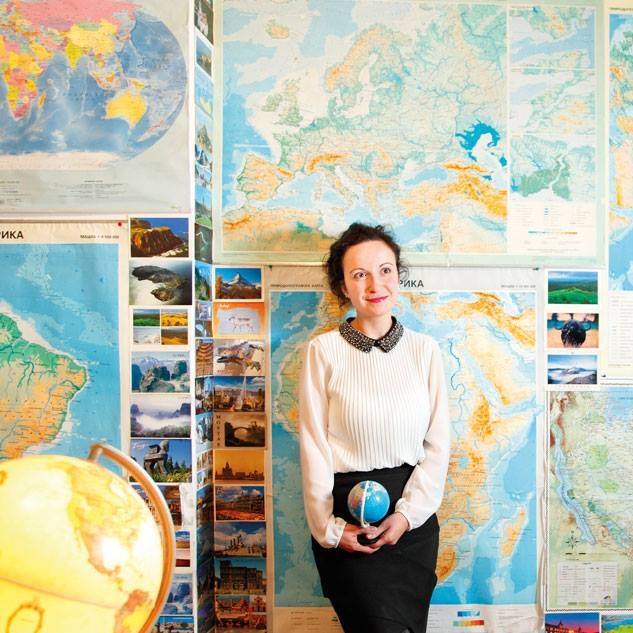

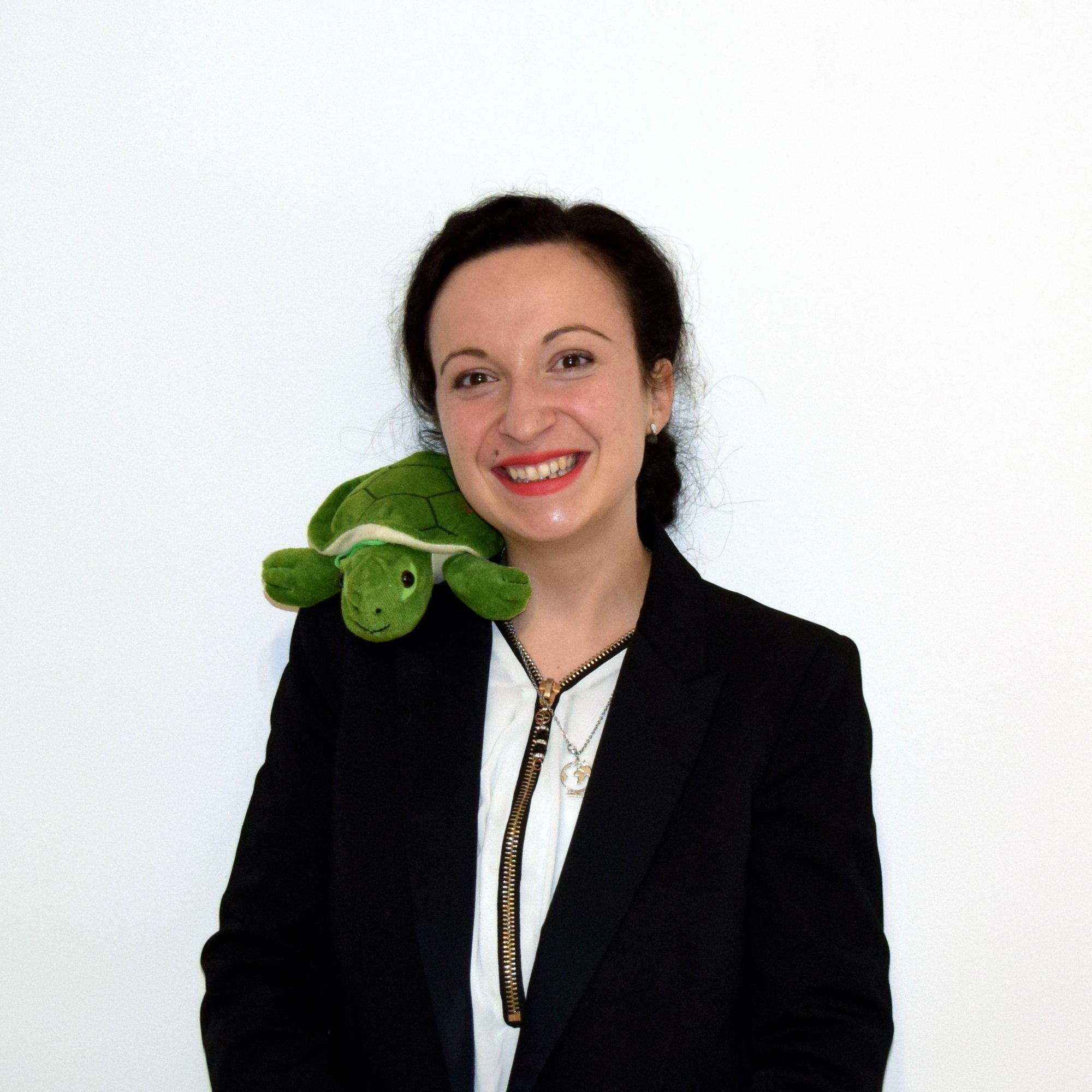
Dr. Eugenia Sarafova is Assistant Professor at Sofia University (Bulgaria) and a geospatial entrepreneur. She holds both an MBA and a PhD in Remote Sensing. In 2016, Eugenia was selected in the Forbes 30 under 30 for Bulgaria and in 2017 was nominated for Woman of the Year. Eugenia has launched an investigation into the key factors shaping how adults perceive data visualization. This interdisciplinary research combines cartography, geospatial data science, international relations, psychology, and other fields, and will use digital maps, infographics and other media to assess various types and degrees of visual data literacy. Follow Eugenia on Facebook and LinkedIn and view her TEDxSofia talk (in Bulgarian).
Grant winner Ryan Thomas to document contemporary urban warfare training simulations

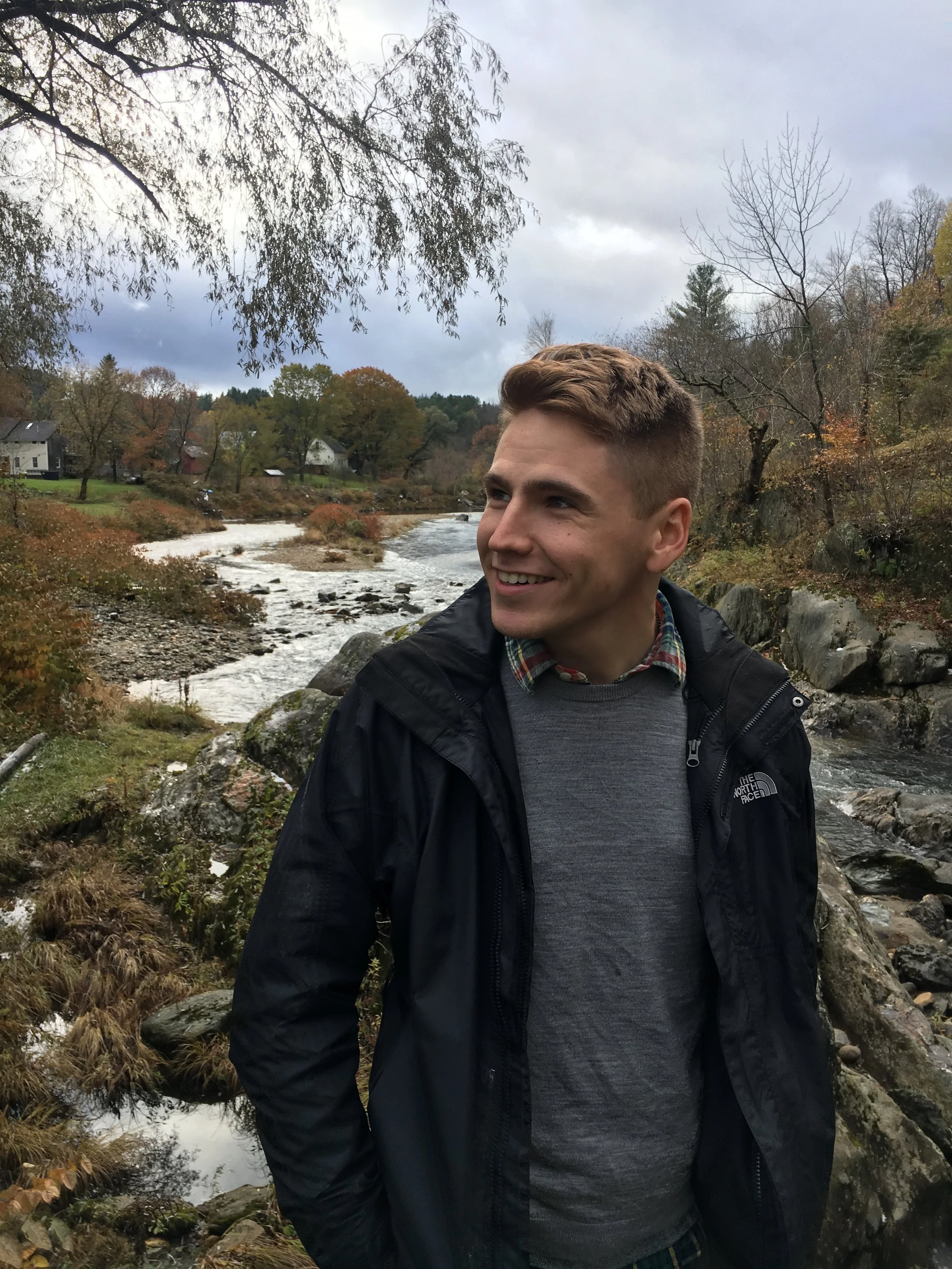

Ryan Thomas is a MDes candidate at the Harvard University Graduate School of Design. During his final academic year, he will document the connections between the world's burgeoning megacities and the constructed synthetic environments national militaries use to simulate urban terrain. As he deep dives into Military Operations in Urban Terrain (MOUT), he will immerse with military units on their urban warfare training, and conduct exchanges with geopolitical security and defense scholars on their evolving approaches to understanding the most populated centers on the planet. Learn more about Ryan and explore some of his work on the built environment and the concept of urban terrain at his MOUT.Site.
Inaugural grant winner Ankur Shah to explore the Belt and Road Initiative along the Sino-Russian border
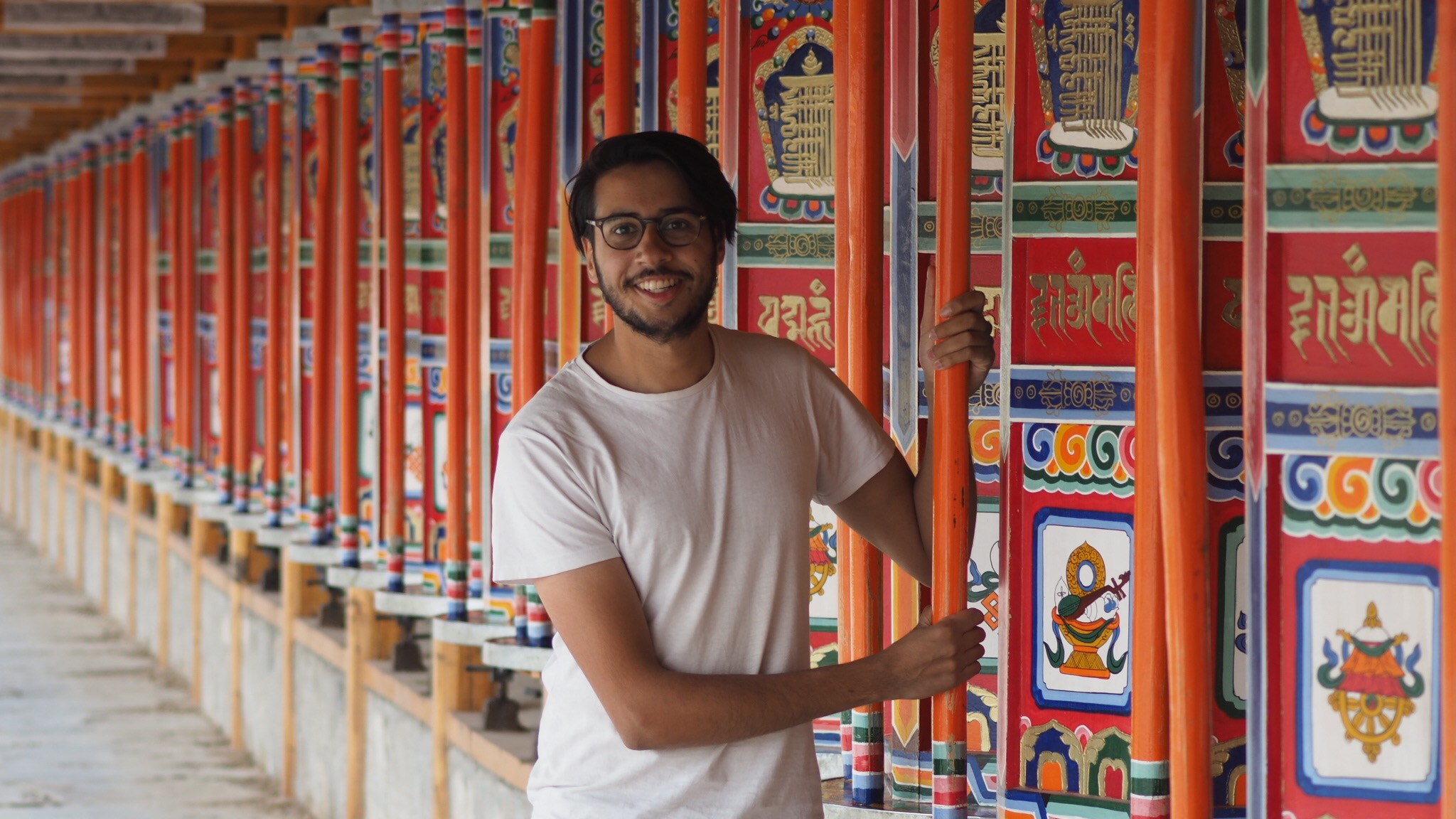
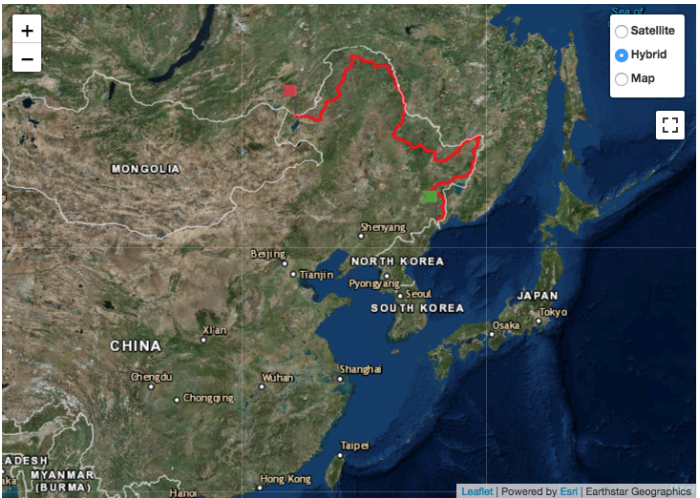
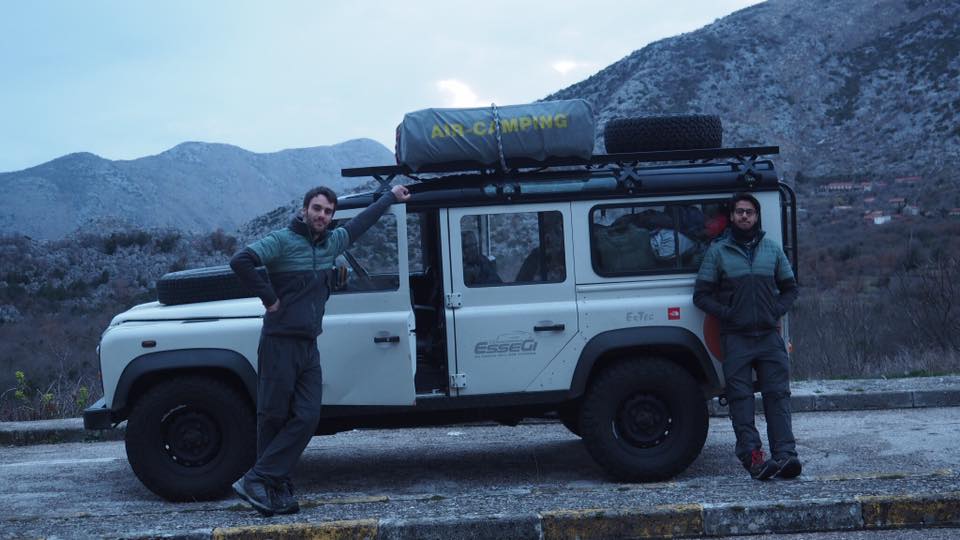
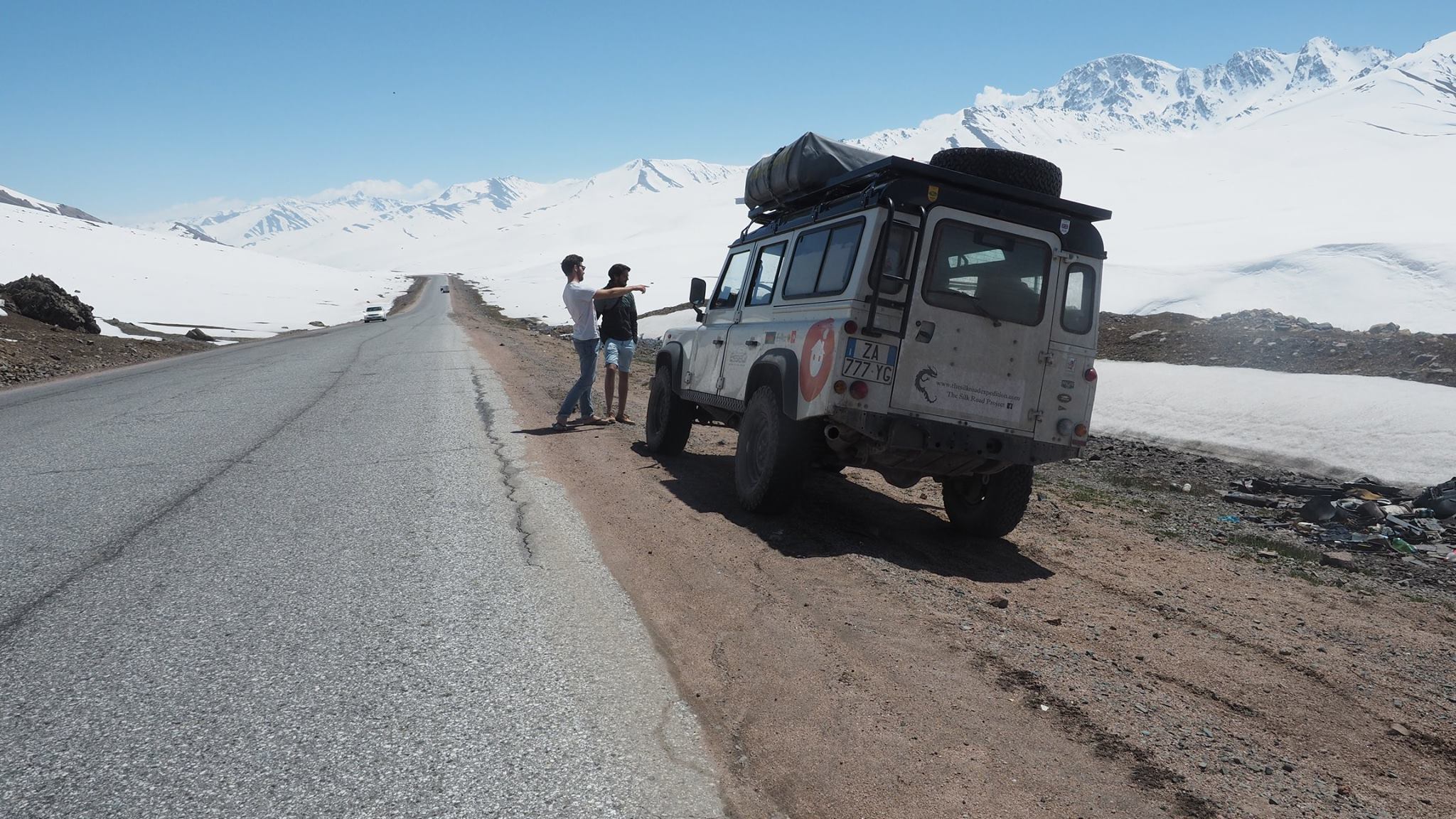
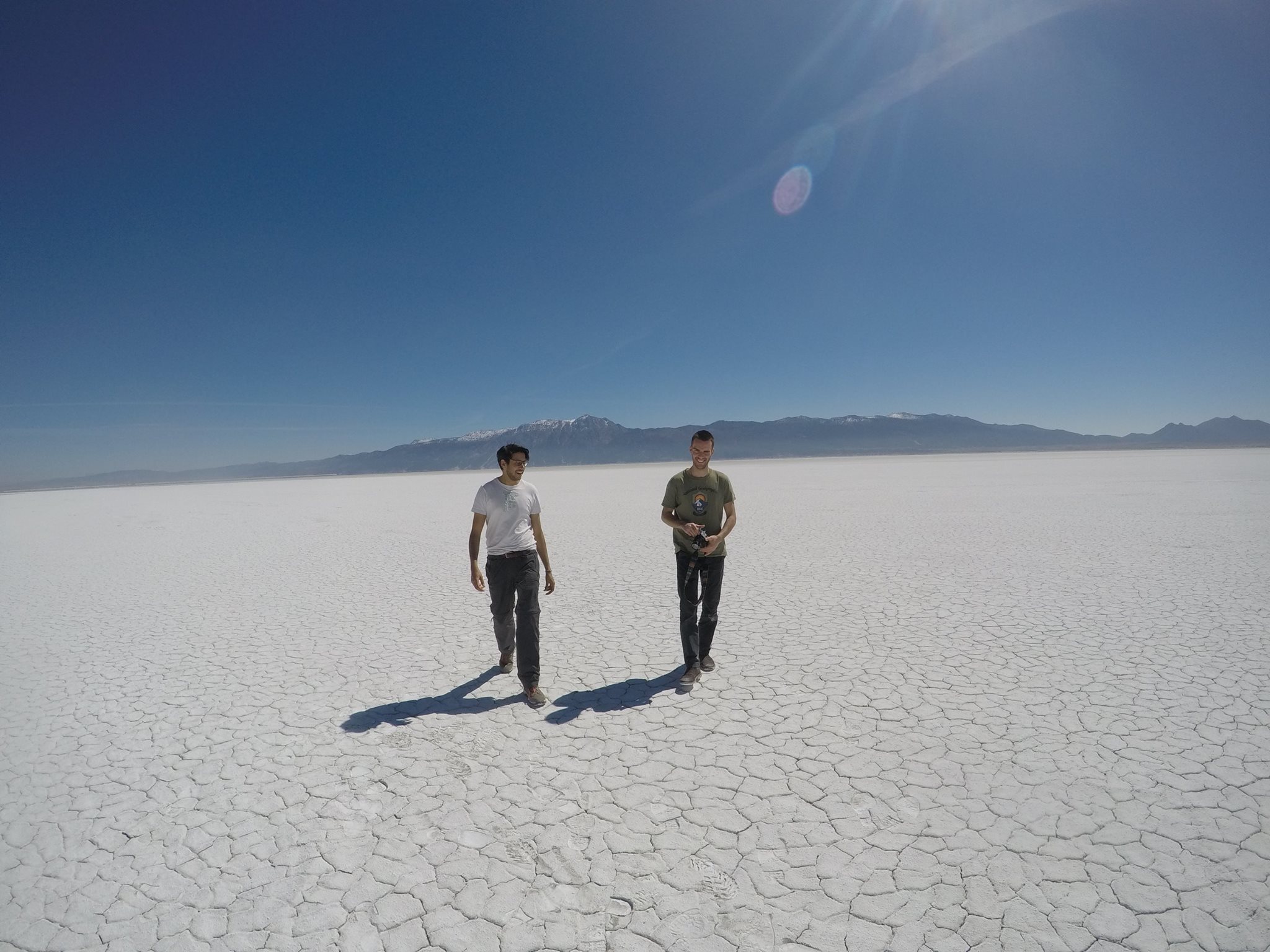
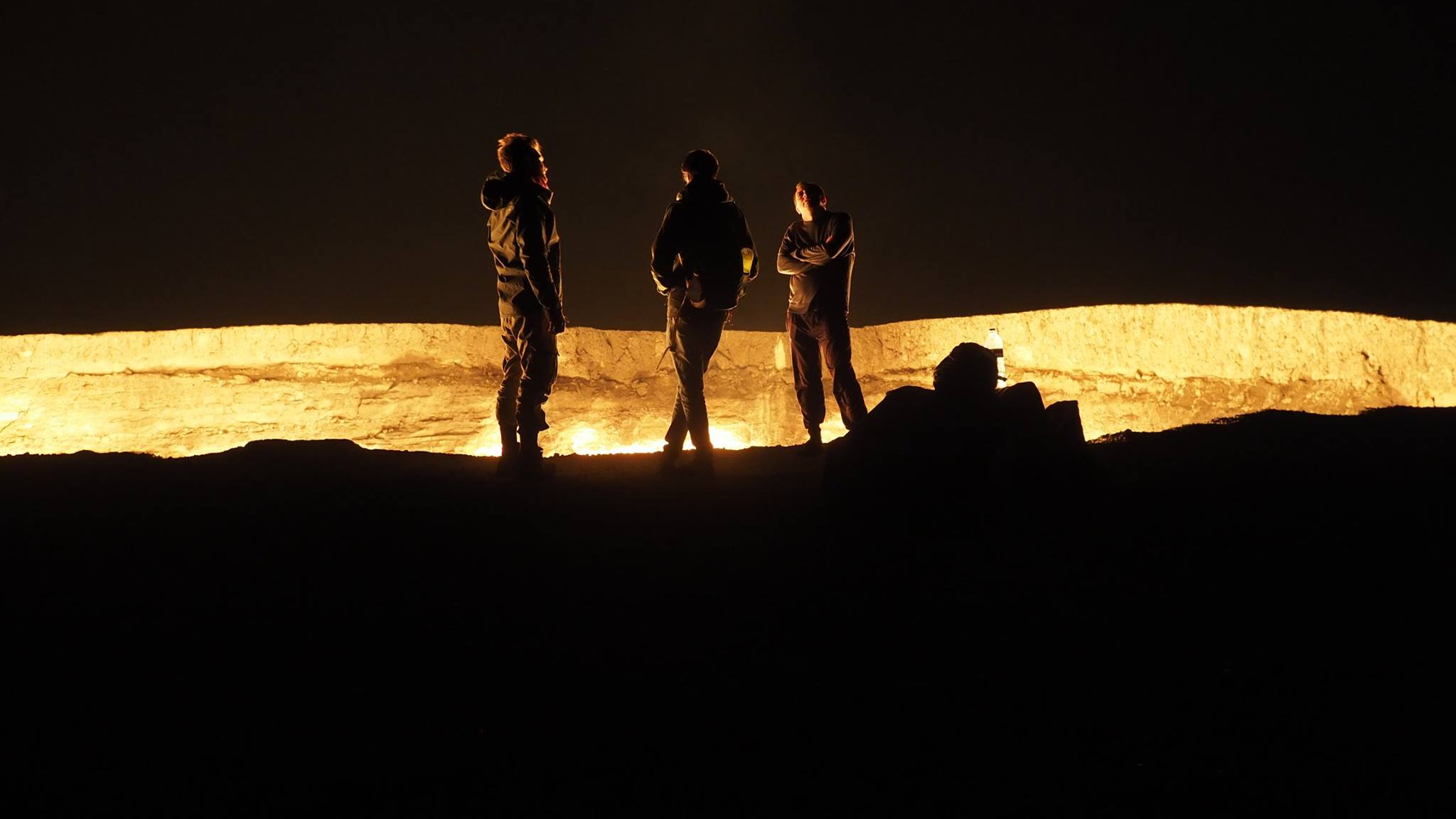
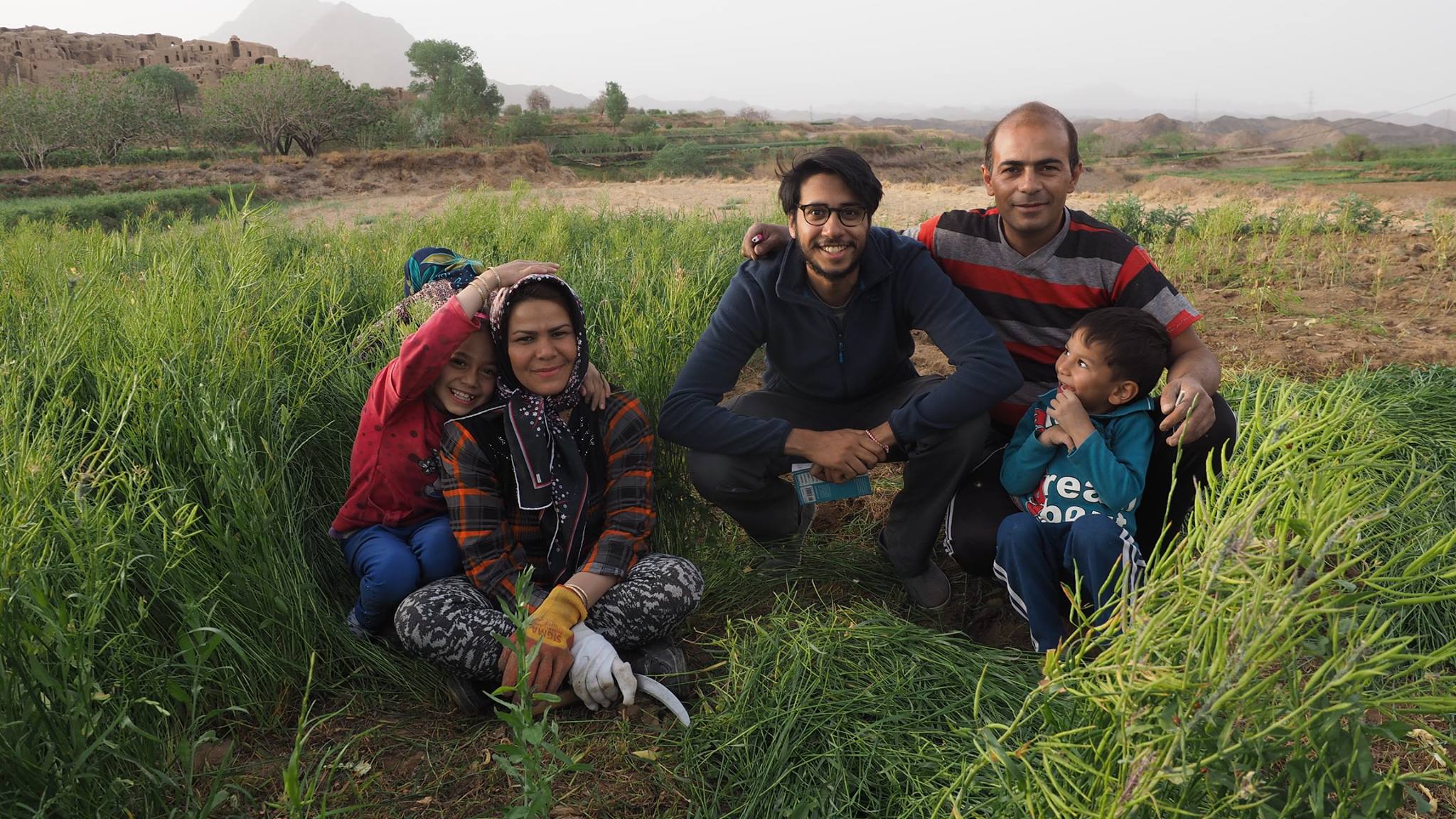
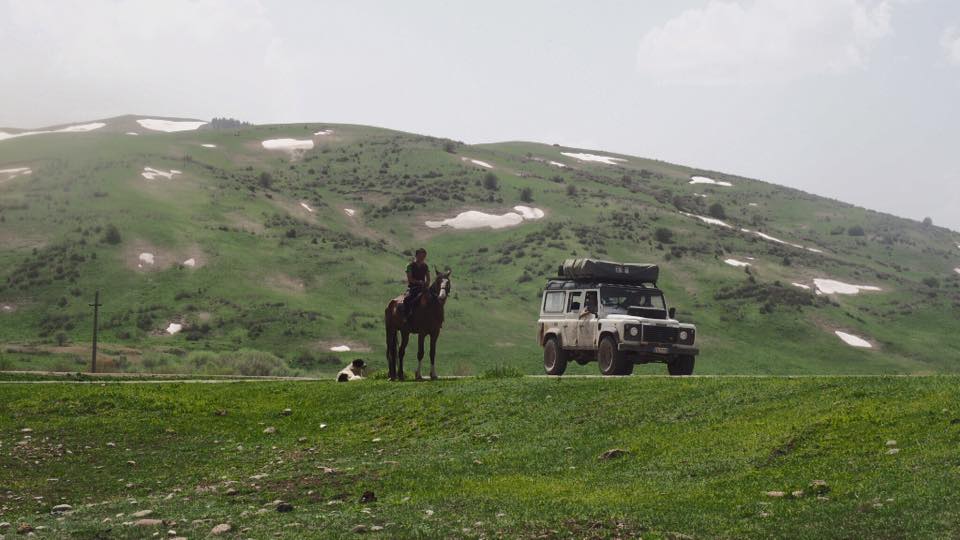
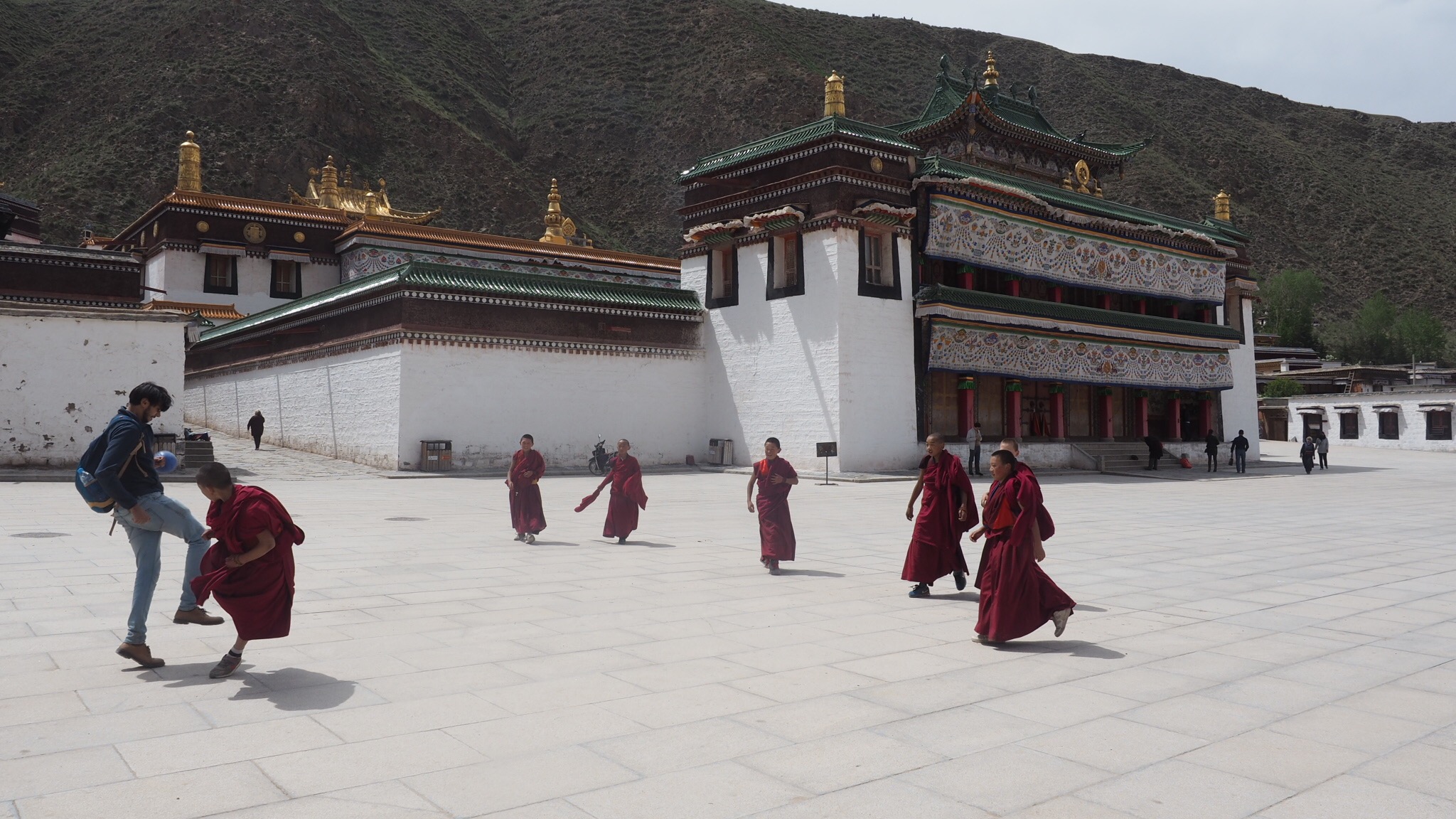
FutureMap Foundation is pleased to award its inaugural grant and the first of four awards in 2019 to Ankur Shah. This summer, Ankur will undertake an expedition along the 4,300 km Sino-Russian border to document the progress of Belt and Road Initiative projects and their impact on locals. Learn more about Ankur and and watch the trailer video of his 2017 Silk Road expedition titled "105 Nights".
“Today’s “digital natives” need a new tool kit. There are more young people alive today than ever in history: Forty percent of the world population is under the age of twenty-four. These “first globals” identify connectivity and sustainability as their prime values. They aren’t automatically loyal to the establishment at home or feel secure behind the borders that separate them from “others” abroad. They believe their destiny is not only to belong to political states but to connect across them. By 2025, the whole world’s population will likely be connected to mobile phones and the Internet. As life becomes more connected, we must adjust our maps accordingly.”

